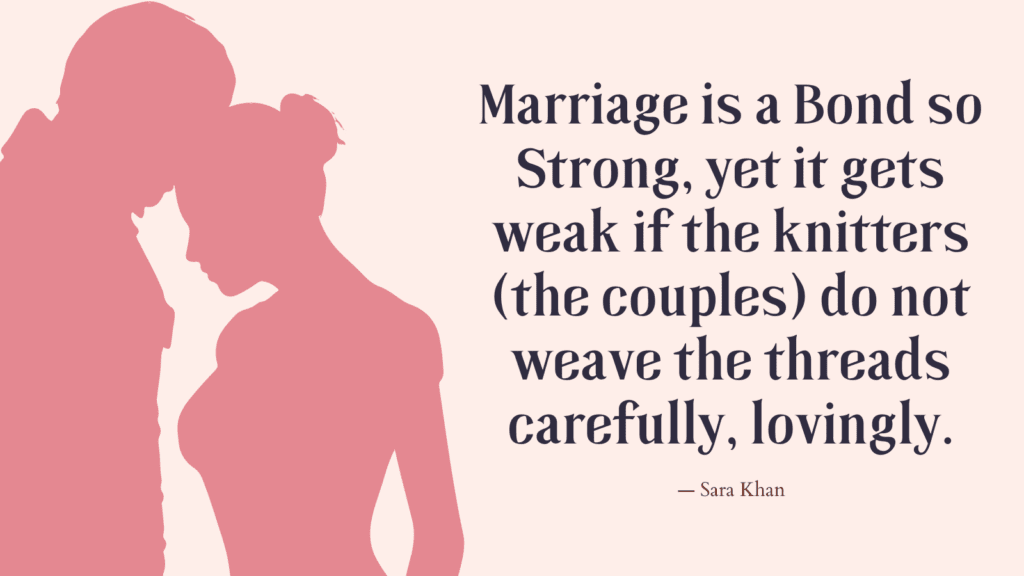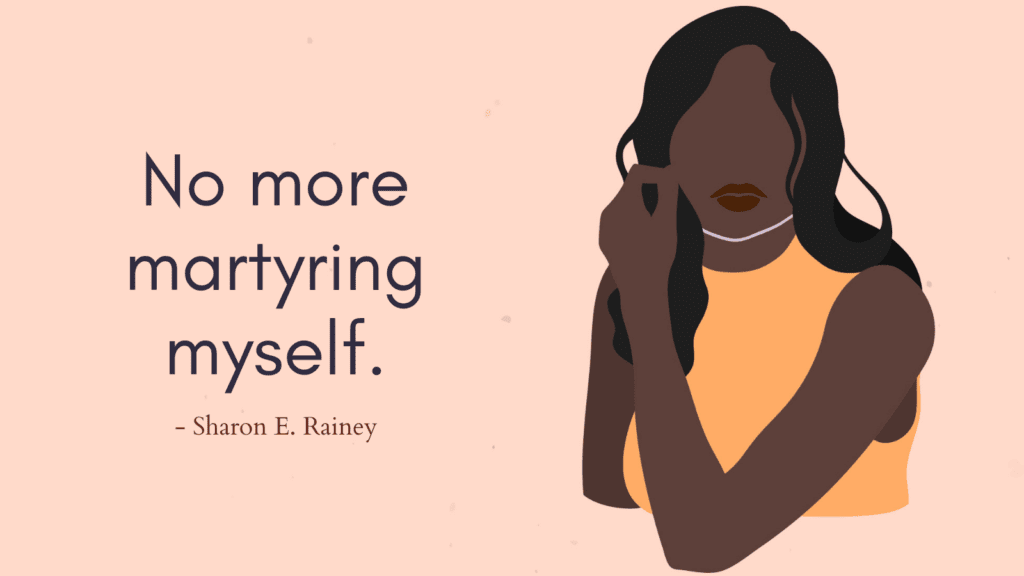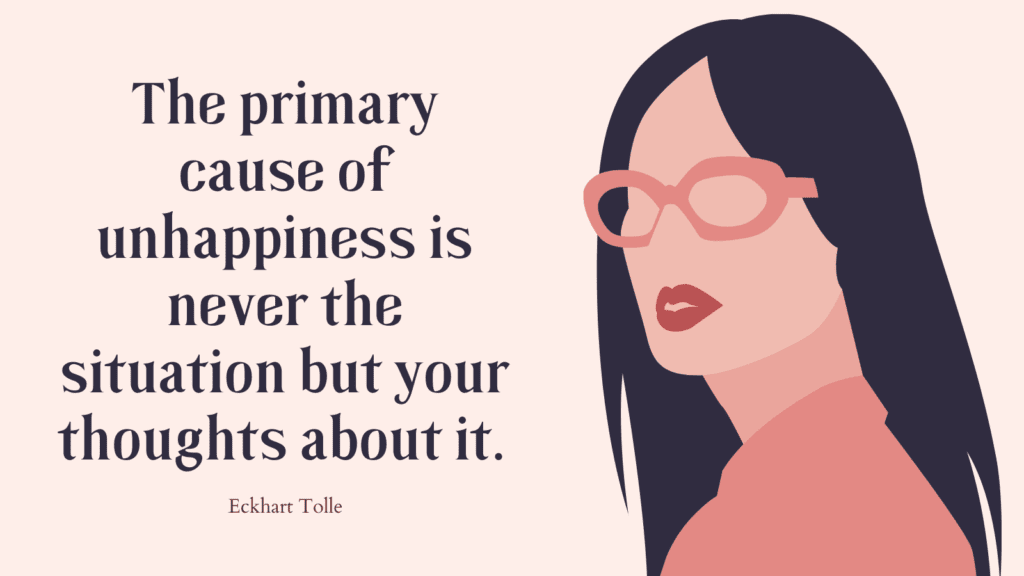This post contains a list of the worst things a husband can say to his wife.
Conflict and heated exchanges can happen in a marriage.
Hurtful things can be said.
When these hurtful things are so frequent and mean spirited, you need to consider if you’re being emotionally abused and if the relationship is worth holding onto.
The Worst Thing a Husband Can Say To His Wife
1. Are you deaf? Don’t you ever listen?
2. Are you sure you want to eat that?
3. Are you the first woman to be pregnant?
4. Are you the first woman to go through childbirth?
5. At least you are pretty, even if you’re not smart
6. Being with you is a waste of time
7. Can’t you ever get anything right?
8. Can’t you keep quiet for a minute?
9. Count yourself lucky for having me
10. Don’t be a crybaby!
11. Don’t expect anyone to take you seriously
12. Don’t you ever think?
13. Don’t you find (insert name) attractive?
14. Even your kids hate you
Related: Top 10 Signs Of Trauma Bonding & How To Heal A Trauma Bond
15. Everything you touch, spoils
16. Find a way to shed those pounds.
17. Go change, you look ugly
18. Have you looked at yourself in the mirror lately?
19. I can never forgive you
20. I can’t count on you
21. I can’t stand you
22. I deserve someone better
23. I don’t care about your feelings
24. I don’t care what you think
25. I don’t find you attractive anymore
26. I don’t find you beautiful
27. I don’t like coming home to you
28. I don’t love you anymore
29. I don’t need you
30. I don’t trust you
31. I don’t want my children to look like you
32. I don’t want to be seen with you
Related: How To Break Free From Emotional Abuse? (& Stop Attracting Abusive Partners)
33. I don’t want you in my life
34. I hate seeing you
35. I hate waking up to you
36. I hate you
37. I love my life before I met you
38. I married you because you were pregnant
39. I married you out of pity
40. I never asked for your opinion
41. I never really loved you anyway
42. I no longer have feelings for you
43. I want a divorce
44. I was pressured to marry you
45. I wish I could get back the years I’ve spent with you
46. I wish we didn’t get married
47. I wish you’d just die so I could be free
48. I wish you’d just disappear
49. I don’t believe you
50. I’ll be happier without you
51. I’m in love with someone else
52. I’m tired of you
53. Is it that time of the month again?
Related: Can Abusers Change? Top 17 Myths About Abusive Men That Make Women Stay With Abusers

54. It’s all in your head
55. It’s none of your business
56. My ex did things so much better
57. My mom did it better
58. No one can live with you
59. No one cares about you
60. No one would ever want you
61. Nothing about you is to be desired
62. Shut up!
63. That’s the stupidest thing I’ve ever heard
64. That’s your problem, not mine
65. This is no longer working
66. What do you know? You’ve never worked a day in your life
67. When I need your advice, I’ll ask for it
68. Who do you think you are?
69. Why do you always overreact!
70. You always let me down
71. You always ruin everything
72. You are nothing without me
73. You are so immature
74. You are the worst thing that has ever happened to me
75. You are to be seen and not heard
76. You are unreasonable
77. You bring me bad luck
78. You can’t amount to anything in life
79. You disgust me
80. You don’t deserve me
81. You don’t mean anything to me
82. You no longer turn me on
Related: How To Break The Cycle Of Abuse? Top 10 Powerful Strategies To Stop Being An Abusive Person
83. You have failed as a wife
84. You irritate me
85. You look better in pictures
86. You nag too much
87. You never fail to disappoint me
88. You shouldn’t have been born
89. You trapped me in this marriage with a baby
90. You’re a bad mom
91. You’re a terrible wife
92. You’re crazy
93. You’re just like your mother (negatively)
94. You’re never considerate
95. You’re not good at anything
96. You’re not good in bed
97. You’re not my priority
98. You’re not worth it
99. You’re shapeless
100. You’re too frigid
101. You’re useless
102. You’re worthless
103. You’ve changed
104. You’ve lost your charm
105. Your life is empty
106. Your opinion doesn’t count
107. Your tears do not move me
108. Your words mean nothing to me

What Is Verbal Abuse?
Verbal abuse is a form of emotional abuse in which an individual uses words or language to intentionally harm another person.
It can take many forms, including insults, threats, belittling, mocking, and name-calling.
Verbal abuse can occur in any type of relationship, including between partners, family members, friends, and coworkers.
It can cause significant emotional and psychological damage, leading to low self-esteem, anxiety, depression, and feelings of worthlessness.
Verbal abuse may also escalate to physical violence in some cases.
Signs of Verbal Abuse?
Some signs of verbal abuse include:
1. Constant criticism and put-downs
2. Insults or name-calling
3. Yelling or screaming at the other person
4. Blaming the other person for everything that goes wrong
5. Threatening or intimidating language
6. Using sarcasm or belittling comments
7. Gaslighting, which involves denying the other person’s reality or experiences.
8. Humiliating or embarrassing the other person in public or private.
Verbal abuse is not limited to just the words someone uses.
It can also include tone of voice, body language, and other nonverbal cues.
For example, if someone raises their voice and uses aggressive body language during a conversation, they may be engaging in verbal abuse.
It’s important to recognize these forms of verbal abuse because they can be harmful and damaging to one’s well-being.
In many cases, victims may not even realize they are being verbally abused until their self-esteem and overall emotional state have been broken down.
How to Deal with Verbal Abuse In a Romantic Relationship?
Here are some tips on how to deal with verbal abuse:
1. Recognize the signs
Verbal abuse can come in different forms such as name-calling, constant criticism, yelling, blaming, or threatening language.
It’s important to recognize these forms of abuse and address them immediately.
2. Set boundaries
Communicate your boundaries to your partner and let them know that such behavior is unacceptable.
Be clear and assertive about your expectations and stick to them.
3. Seek support
Talk to a trusted friend, family member, or counselor who can provide emotional support and help you develop coping mechanisms to deal with verbal abuse.
4. Take care of yourself
Engage in self-care activities that can boost your self-esteem and confidence. This could include exercise, meditation, spending time with loved ones, or pursuing a hobby.
5. Consider leaving the relationship
If the abuse persists despite your efforts to address it, consider ending the relationship.
Remember, no one deserves to be treated badly. It’s never okay to tolerate verbal or any form of abuse in a relationship.
Conclusion
Verbal abuse in a romantic relationship is a serious issue that can have damaging effects on both individuals involved.
This type of abuse can take many forms such as name-calling, yelling, belittling, and using hurtful language towards the other person.
It can be difficult to recognize verbal abuse, as it may start subtly, but over time can become more frequent and intense.
No one deserves to be subjected to this type of behavior.
Remember, healthy relationships involve mutual respect and communication, and verbal abuse has no place in a loving partnership.
Hotlines
- National Domestic Violence Hotline for the United States and Canada: 1-800-799-SAFE.
- Rape, Abuse, and Incest National Network Hotline (Rain): 1-800-656-4673.



